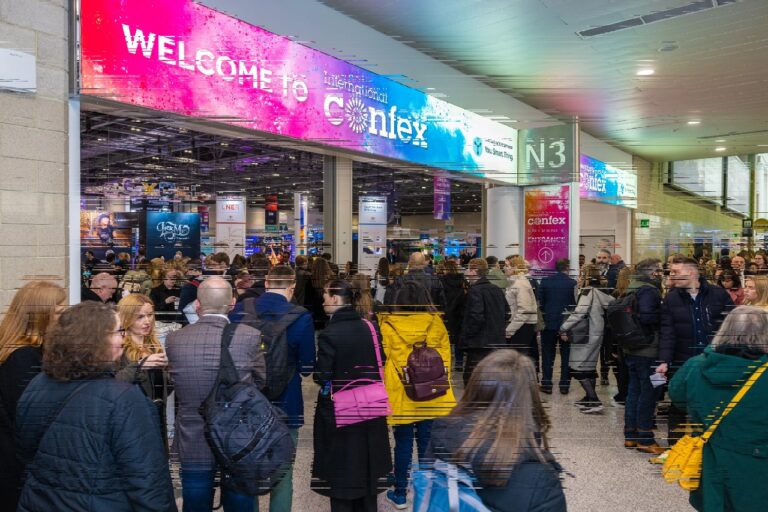Jeff Gruenhut, senior vice-president at Grimes, McGovern & Associates recently spoke at an M&A session in International Confex. It was his first time at the annual event.
Here, he shares his major takeaways from Confex – and what parts of his session resonated most with the UK audience, from financial bookkeeping to arbitrage.

Jeff Gruenhut, senior VP, Grimes, McGovern & Associates
What was your biggest takeaway from being at International Confex?
The UK live events industry is back in full force. It was a busy show. International Confex showcased a broad assortment of advances in services and technologies that are available to show organisers. These providers will allow organisers to continue growing their business through efficiencies not previously available.
Were there any technologies that stood out to you?
For events that have content/speakers on the show floor during the expo, which can be noisy, there were several companies exhibiting technology for these sessions, providing headphones to the audience. They also used these for my session. This is a solution I wished was around back when I owned events, as it solved the challenge of content/stage placement on the exhibit floor.
GMA sponsored the M&A session at Confex. What was the response from the audience?
The topic was clearly of interest as it attracted dozens of smaller independent show organisers that are starting to think about their future, and how a potential sale could come to fruition. This group of people are just now beginning to harness this information needed for their future potential exit plans.
Any other takeaways from the session?
The two points that seem to resonate most were around financial bookkeeping and how best to do so using “class codes”. Class codes are a way of organising financials so that each revenue stream (i.e. events or trade shows) can be viewed on a direct revenue and direct expense basis.
Secondly, providing information for the sellers about how buyers thin, and why arbitrage is so important. It means that buyers try to acquire events at a mid-level EBITDA, integrate those purchased properties, and then sell a larger business at a much higher multiple.
Source: www.exhibitionworld.co.uk


Comments are closed.